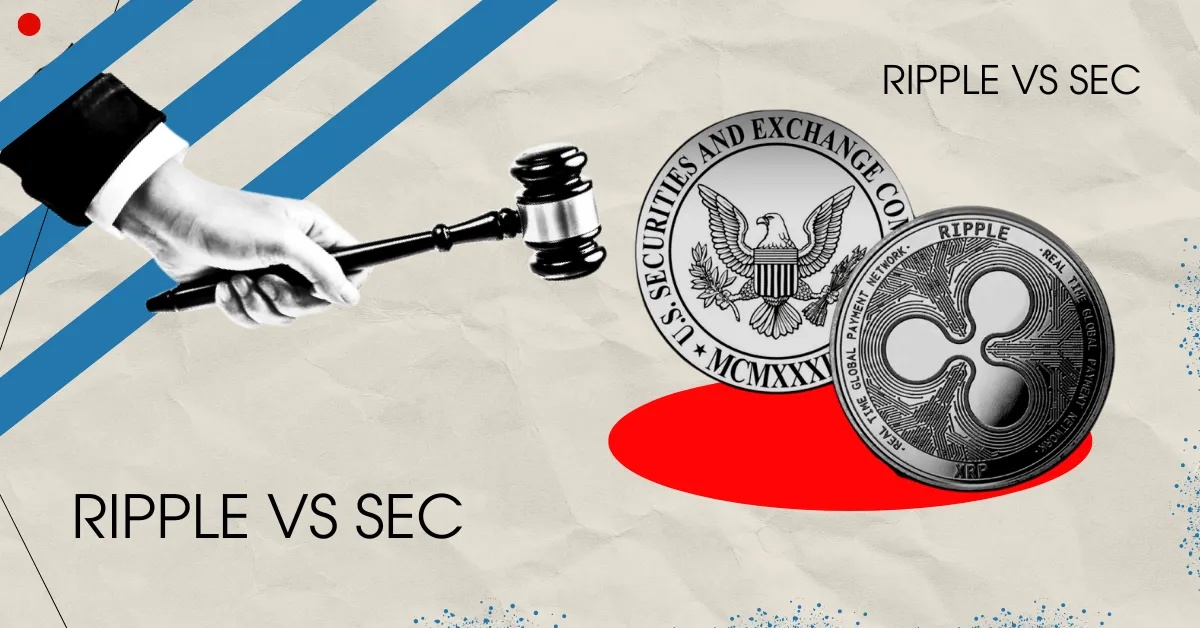
In the ongoing legal saga between Ripple Labs Inc. and the Securities and Exchange Commission (SEC), the fight just took a surprising turn. A new battleground has emerged over the type of evidence presented in court. Could this be the key that unlocks the case?
Read on to find out why this seemingly technical detail could have a major impact on the final outcome.
Chaos Over Expert Testimony
Ripple’s attempt to exclude certain materials, claiming they’re undisclosed expert testimony, faces opposition from the SEC.
Bill Morgan, a respected voice in legal discussions on technology and finance, recently weighed in on this issue.
Morgan finds the SEC’s stance puzzling, especially given recent failures in protecting investors, like the FTX collapse. He points out that the crux of the complaint revolves around differences in investor profits due to varying discount rates offered by Ripple.
Unpacking the Fox Declaration Controversy
At the center of this legal dispute lies the Fox Declaration, which Ripple argues is mischaracterized as summary evidence rather than expert testimony.
The SEC disagrees, arguing that the declaration simply crunches numbers from Ripple’s financial records to help the court understand the financial transactions, without any specialized expertise from Andrea Fox.
Dissecting Ripple’s Claims
The SEC defends its position on multiple fronts, emphasizing the procedural and substantive validity of the Fox Declaration under Federal Rule of Evidence 1006. This rule allows summaries of extensive data if the original records are available for scrutiny.
The regulatory body underscores that using a summary witness was expected during the discovery phase, and Ripple had ample opportunity to address this matter earlier.
SEC Isn’t Going to Back Down!
The SEC maintains that the Fox Declaration doesn’t offer expert opinions but simply uses basic arithmetic to streamline the presentation of Ripple’s financial and sales data.
Citing legal precedents like United States v. Blakstad and SEC v. Treadway, the SEC argues that using accounting methodologies in calculations doesn’t automatically make them expert testimony, as long as they stick to summarizing data without delving into interpretations requiring specialized knowledge.
“It’s intriguing that the SEC’s argument hinges on what appears to be a straightforward application of arithmetic to provided financial data, yet the implications of these calculations – particularly regarding alleged pecuniary harm to certain investors – seem to venture into interpretations that could influence legal judgments.”
Bill Morgan
Questioning SEC’s Priorities
Morgan criticizes the SEC’s approach, questioning whether the agency prioritizes investor protection appropriately.
“The issue here isn’t just about whether some investors could have made more money but about the consistency and transparency of financial practices. However, juxtaposing this with the SEC’s failure to mitigate much larger and more direct financial harms, such as those from the FTX scandal, one might wonder if the agency’s priorities are in order.”
This legal debate prompts crucial reflections on the role of regulatory bodies in promoting fair market practices. It raises questions about whether regulatory actions genuinely prioritize investor protection today.
